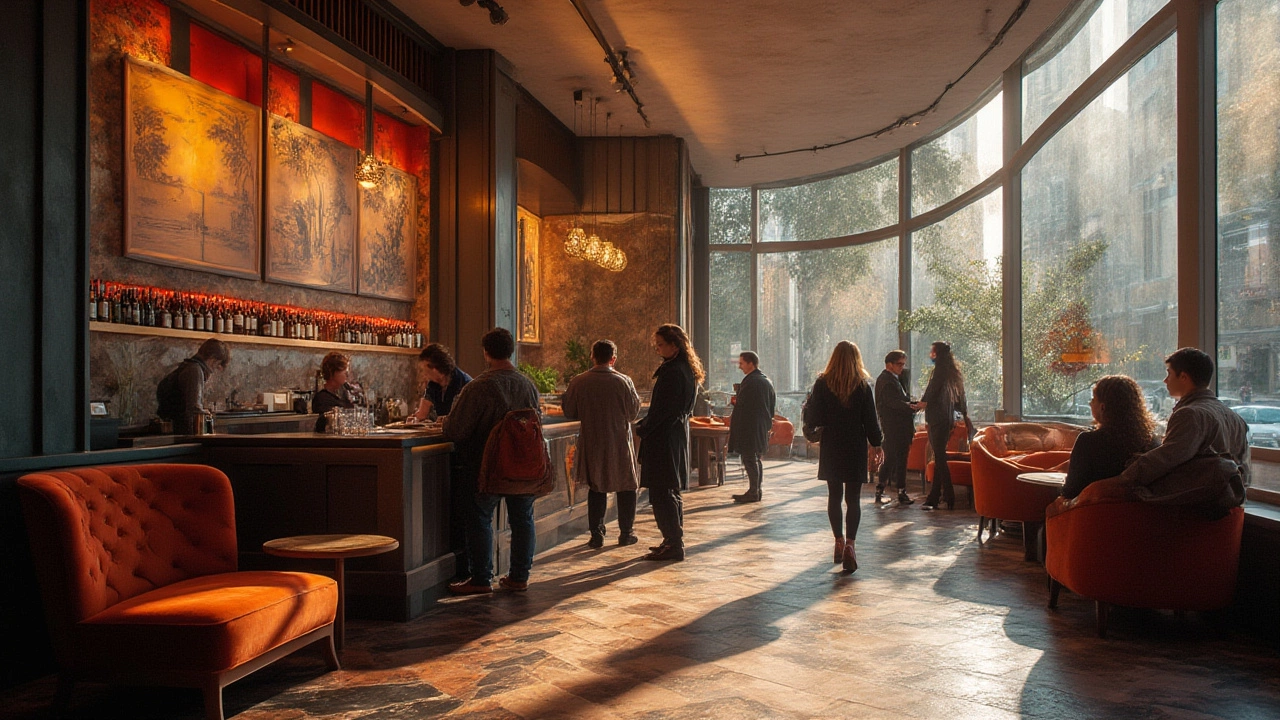
Hotel Prices – How to Find the Best Rate for Your Loch Ness Stay
If you’ve ever booked a room and wondered why the price jumps from one night to the next, you’re not alone. Hotel rates aren’t random – they follow a pattern that you can learn to read. Knowing the why and the how lets you lock in the cheapest price without sacrificing comfort.
What Makes Hotel Prices Fluctuate?
First, demand drives everything. When a big event hits the Highlands – a music festival, a marathon, or a Highland games weekend – rooms fill up fast and prices spike. The opposite happens in the off‑season when fewer travelers mean lower rates. Second, the day of the week matters. Mid‑week stays (Tuesday‑Thursday) are usually cheaper than weekend nights because business travelers leave on Friday and families return home on Sunday.
Third, the booking window matters. Hotels often release their lowest rooms 60‑90 days before arrival, then raise prices as the date gets closer. However, they also run last‑minute flash sales to fill empty rooms a week or two out. Fourth, hidden costs like taxes, resort fees, and breakfast add up. A room advertised at £80 may actually cost £95 after extras.
Finally, the type of room and view affect the price. A sea‑view suite costs more than a standard double, even if the size is similar. Knowing which features you really need helps you avoid paying for extras you’ll never use.
Proven Ways to Lower Your Hotel Bill
Start with price‑comparison sites, but don’t stop there. Visit the hotel’s own website – they sometimes promise the best guarantee price or throw in free Wi‑Fi if you book direct. Sign up for price alerts; a quick email will tell you when a rate drops for your chosen dates.
Use loyalty programs. Even free memberships give you access to member‑only discounts, free upgrades, or points you can cash in later. If you travel for work, check if your employer has a corporate rate – many hotels offer lower prices for business accounts.
Consider flexible dates. Shifting your stay by a day or two can save 10‑30 %. If your itinerary allows, aim for mid‑week check‑in and checkout. Also, look at alternative accommodation types listed on the site – self‑catered residences or boutique cottages can be cheaper than a full‑service hotel while still offering privacy.
Don’t forget to double‑check what’s included. A room that seems cheap but adds a costly breakfast or parking fee may end up more expensive. Filter your search for “breakfast included” or “free parking” to see the true total cost.
Lastly, use a credit card that offers travel rewards or hotel‑specific cash back. Some cards give you an automatic 5 % discount on bookings made through their portal. Combine that with a seasonal promo code you find on travel blogs, and you’ve shaved off another few pounds.
Putting these tips together means you can watch the price, pick the right time, and lock in a deal that fits your budget. Whether you’re camping out in a glamping cottage or staying in a boutique hotel by Loch Ness, the same rules apply – understand the factors, use the tools, and book smart.

